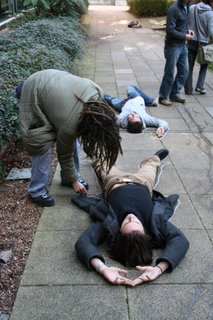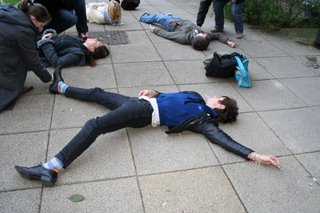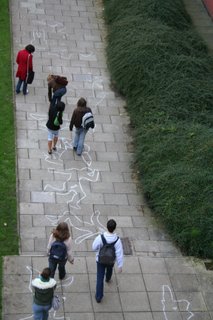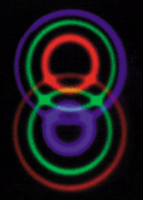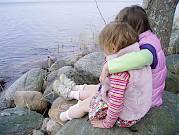Words on worlds from Michael Mayhew
This is a revised copy of the text I read out.
I wanted to establish why I wanted to do this exercise.
Books are literally miniature worlds.
The exercise seemed to encapsulate the idea of this course - for me -
that of other worlds - and has been inspired by such books as - The Island of Lost Maps by Miles Harvey.
Authors take us on journeys into other worlds.
Often their world (s) - such as Under Milk Wood - Dylan Thomas - or even a Lonely Planet will take you to another world before your physical arrival to have a holiday- and it is your imagination that enters another world - someone else's - for you to explore, adventure in, live in, discover and experience something of the other.
What do we mean by 'other'?
Whilst you are on line visit - www.visualtheasurus.com - and type in 'other' and experience an array of adjectives.
Authors take us on explorations - even Marco Polo's journey into China is to be heavily disputed, with no reference of his visit occurring in any diaries, journals or reports from that time in China.
Strange when he was best pals with the Emperor of the time.
But he told us a good story, took us into another world through a book, with tales probably gathered from his time in Constantinople where it was here he possibly met some other great storytellers.
Fact V Fiction.
The author's passport into our imagination is often the title.
It is a hook, an identification, a sign post.
I sent you into the library, for me a restricted zone, you have to be in possession of a pass port to enter into this location, its entrance is like an airport, with its scanning, its security, is vastness and upon entering it, upon booking in, you ascend an escalator to take you into departures and on into other worlds.
As a location there is something seemingly sacred, with its pillers of books, its need to be symmetrical, its call for silence, its need for confessions. It is a location of transportation and transformation - it is literally another world full of other worlds.
Librarians are like acolytes, silently ordering the disorder and guiding the lost to acquire knowledge about the unknown.
This is why I sent you into the library to wander and to navigate through the canyons of words, to get lost and to locate yourself with an inspired title, to be inspired by books by imagining what could be inside these horizons of knowledge, these unknown identities and to be inspired by the library as a location, just as Columbus must have imagined there was something over the horizon, just has he filled the gapping void found in the mappae mundi with another world that eventually became titled, The Americas.
Did he imagine this other world before he actually found it?
This exercise is a metaphorical journey, hoping to lead you into another world, into other worlds and beyond - imagined and played with, as there is a thin line between fact and fiction.
Marco Polo told us a good story, he drew other landscape, he took us into other peoples lives, we experience other cultures, other climates and other terrains.
I would hope you could tell your story by picking up a book with a title in a library in a universe, in Manchester.
Explore and Discover.
Part 2:
'I'm Down There Somewhere'
An exercise in locating the self in a universe-city, an exercise in creating a map from the outline of our own bodies.
We drew a border around our body using chalk on the ground outside of The Mansfield Cooper Building.
This could be viewed as an island - a country - a land mass etched out on the ground and seen from the sky.
We photographed this image.
You have been requested to import this image into a computer, i.e. photo shop, along with an image of the University of Manchester campus map, attempt to scan this in.
Overlay the image of your body outline onto the campus map.
It should be possible to erase the pavement leaving the outline by using the magic wand tool - found in the tool bar in photo shop.
Size up the two images.
Explore the marks you have made inside and outside the body, names, smiles, underpants, swords, ships, bombs are a few examples drawn.
Go for a walk using a GPS devise - it has been arranged that you can acquire one of these from John Moore in the department.
Import this GPS drawing onto your original map.
See where you have really travelled.
You have just created another world from the outline of your own body.
Attempt to make a map that other people could use to travel through the campus, attempt to relate the buildings, sites, sounds, to areas of your body, aches, pains, injuries, body memories.
Make this map into an A2 image.
Regards
MM
